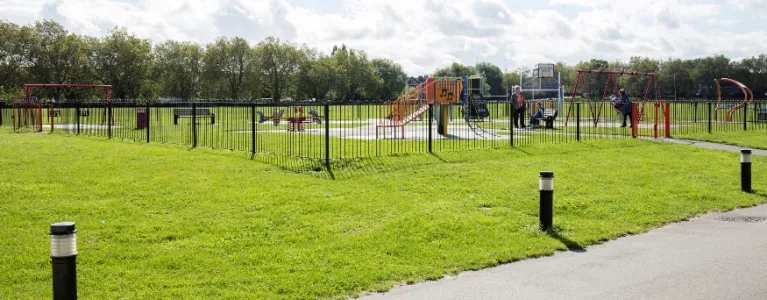
- Children are more likely to be killed under the age of one than any other time during their lives
- The most critical time for a child’s health is their first 1,000 days of life, with effects lasting into adolescence and adulthood
- The Mayor’s new Healthy Early Years programme intervenes too late and may not reach children who need it most
- Services for children and parental support are inconsistent across London
Infants who face difficult circumstances when aged just under two years old will face an up-hill struggle later in their lives including poor health, educational and behavioural challenges.
The Mayor has committed to giving Londoners the best, healthiest start to life. The Healthy Early Years London (HEYL) programme is his main way to achieve this. It is an awards scheme for childcare settings, such as nurseries, crèches and childminders.
However, it only kicks in when children are two years old so it misses the most crucial years of child development.
What should happen now
Following an investigation into children’s first years and health, the London Assembly Health Committee publishes its recommendations today. The recommendations include:
- The Mayor should sign London up to the 70/30 campaign that aims to bring about a 70% reduction in child maltreatment by the year 2030
- An annual monitoring report for the Mayor’s new Healthy Early Years programme should be published including a breakdown of how each London borough is doing
- The Mayor should set up a Healthy Early Years champion network to provide support to early years professionals
Dr Onkar Sahota AM, Chair of the Health Committee said:
'In order to give London’s children, the best start, the Mayor needs to be much more ambitious with his reasoning about when health issues matter to a youngsters’ development and potential later in life.
'The first 1,000 days are critical. It can be as serious as to lead to a life of health complications or even a life of crime if we get it wrong.
'Some families need help in this critical time and the Mayor should step up to recognise that by two years old it may well sadly be too, little, too late. We welcome his overall ambition but we have heard from experts that waiting until infants enter childcare is just not good enough.
'He needs to stretch his efforts to intervene earlier and support parents from the beginning.'
Related documents
Healthy First Steps report
Notes to editors
- Read the Healthy First Steps report below
- Adverse Childhood Experiences (ACEs) is the term given to traumatic situations children live through such as physical or emotional abuse; sexual abuse; living around domestic violence; or engaging in substance misuse and not being raised by both parents.
- There are ten ACEs: physical or emotional abuse; physical or emotional neglect; sexual abuse; living around domestic violence or engaging in substance misuse; a parent living with mental illness; and not being raised by both parents, either through separation or incarceration.
- In recent years, more children centres have closed in London than in any other region in the country – some 261 since 2010.
- Dr Onkar Sahota AM, Chairman of the Health Committee, is available for interview – see contact details below.
- Find out more about the work of the London Assembly Health Committee
- As well as investigating issues that matter to Londoners, the London Assembly acts as a check and a balance on the Mayor.
For media enquiries, please contact Howard Wheeler on 020 7983 5769 [email protected]
For out of hours media enquiries, call 020 7983 4000 and ask for the London Assembly duty press officer. Non-media enquiries should be directed to the Public Liaison Unit on 020 7983 4100.